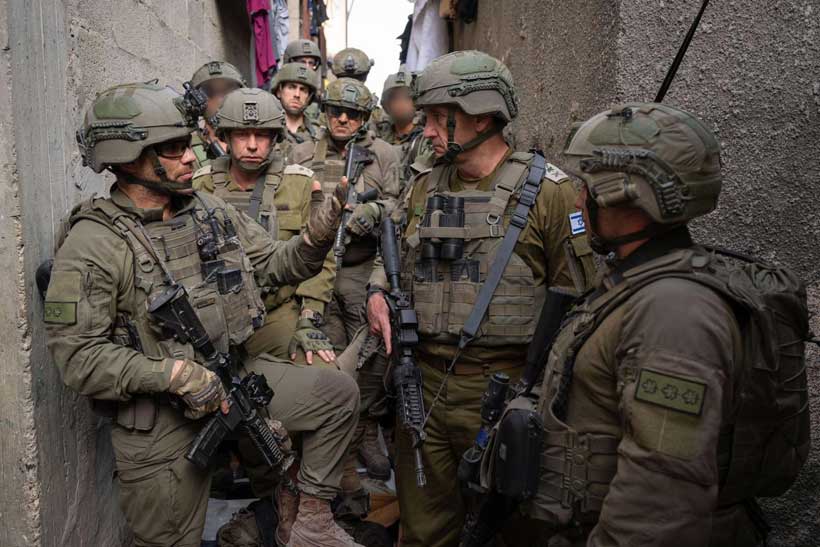Germany has announced a suspension of arms exports to Israel due to the worsening humanitarian crisis in Gaza and Israel’s plans to expand military control over the enclave. This move is driven by growing public outcry, as Germany’s come-what-may support for Israel, rooted in its historical guilt over the Nazi Holocaust, is being tested like never before. The suspension of arms deliveries would affect only those that could be used in Gaza.
An ARD-Deutschland TREND survey released on Thursday showed that 66% of Germans want their government to put more pressure on Israel to change its behavior. This is higher than April 2024, when 57% of Germans believed their government should criticise Israel more strongly than before for its actions in Gaza. Despite Germany helping air drop aid to Gaza, 47% of Germans think their government is doing too little for Palestinians there, against 39% who disagree with this. Most strikingly perhaps, only 31% of Germans feel they have a bigger responsibility for Israel due to their history – a core tenet of German foreign policy – while 62% do not.
Germany’s political establishment has cited its approach, known as the “Staatsraison”, as a special responsibility for Israel after the Nazi Holocaust. Merz’s Foreign Minister Johann Wadephul told Die Zeit newspaper that Berlin could not be a “neutral mediator” because they are partisan. However, Merz’s junior coalition partner, the Social Democrats (SPD), had already been more explicit in wanting to put sanctions against Israel on the table.
The deepening divide within Germany has also played out in its media landscape. Der Spiegel magazine accused Israel of violating international humanitarian law and condemned what it said was the German government’s complicity. Meanwhile, Bild, Germany’s largest media group, decried the lack of outrage toward Islamist Hamas whose cross-border assault on Israeli communities triggered the war, pointing to growing anti-Israel sentiment and one-sided protests.
Critics have argued that Germany’s approach has been overly hesitant, weakening the West’s collective ability to apply meaningful pressure for an end to the fighting and restrictions on humanitarian aid to the Israeli-besieged enclave.
(Based on a Reuters report by Riham Alkousaa and Matthias Williams; additional reporting by Lili Bayer in Brussels)
